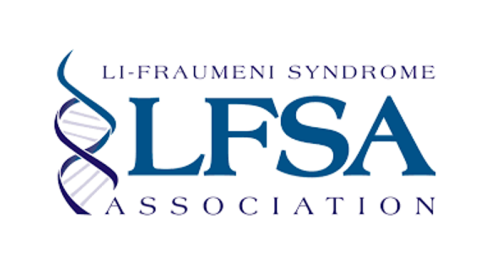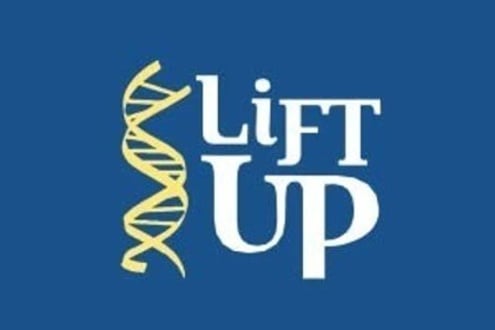TP53 (Li-Fraumeni Syndrome): Cancer Risks
Cancer Risks Associated with Inherited Mutations
()
If you have tested positive for an inherited mutation, we recommend speaking with a genetics expert who can look at your personal and family history of cancer, and can help you decide on a plan for managing your risk. Note that when we use "women" we are referring to people assigned female at birth.
cancer risks include the following:
Risks for adults
Cancer Type |
Lifetime Risk with TP53 Mutation |
Lifetime Risk in General Population |
Breast cancer in women (people assigned female at birth) |
More than 60% |
12.5% |
10-year risk for 2nd breast cancer diagnosis in women diagnosed with breast cancer |
18-49% |
|
Soft tissue sarcoma in men |
22% |
less than 1% |
Soft tissue sarcoma in women |
15% |
less than 1% |
Bone sarcoma in men |
11% |
less than 1% |
Bone sarcoma in women |
5% |
less than 1% |
Brain cancer in men |
19% |
less than 1% |
Brain cancer in women |
6% |
less than 1% |
Colorectal cancer |
20% |
4.1% |
Pancreatic cancer |
5% |
1.5% |
Source: NCCN: Genetic/Familiar High-Risk Assessment: Breast, Ovarian, Pancreatic, Prostate, Vs 3 2025; Mai PL, Best AF, et. al. Risks of first and subsequent cancers among TP53 mutation carriers in the National Cancer Institute Li-Fraumeni syndrome cohort. Cancer. 2016 Dec 1;122(23):3673-3681. doi: 10.1002/cncr.30248. Epub 2016 Aug 6. PMID: 27496084; PMCID: PMC5115949. |
||
Risks for children
Many of the cancers seen in occur particularly early in life, including in children and young adults.4% of babies will develop cancer in their first year of life
- 22% will develop cancer by age 5
- 41% of children will develop cancer by age 18
Research has shown that plays a role in many childhood cancers, including:
- 80% of rhabdomyosarcoma with diffuse anaplasia
- 50% of childhood adrenocortical carcinoma
- 40% of choroid plexus carcinoma
- 40% of low-hypodiploid acute lymphoblastic leukemia
- 10% of Sonic Hedgehog subtype medulloblastoma
- 10% of childhood osteosarcoma
Factors that affect risk
It is important to note that cancer risks are estimates over the course of a person's lifetime. Your lifetime risk and risk over the next five years will vary depending on:
- current age
- sex assigned at birth
- specific mutation
- personal and family health history
- diet, exercise, lifestyle and other factors
Visit our partner

Li-Fraumeni Syndrome Association
LFSA provides information, advocacy and resources for individuals and families with Li-Fraumeni syndrome.Participate in research

The LiFT UP Li-Fraumeni & TP53: Understanding & Progress Study
Clinicaltrials.gov identifier: NCT04541654
Personal story

Personal Story : Living a full life with Li-Fraumeni syndrome
This XRAY review is about a five-time cancer survivor who has an inherited mutation in the TP53 gene....